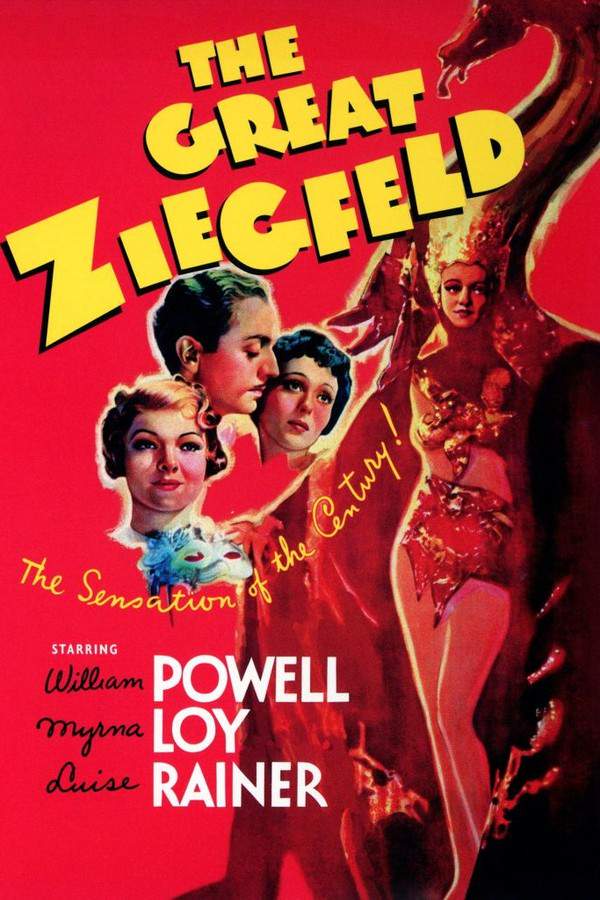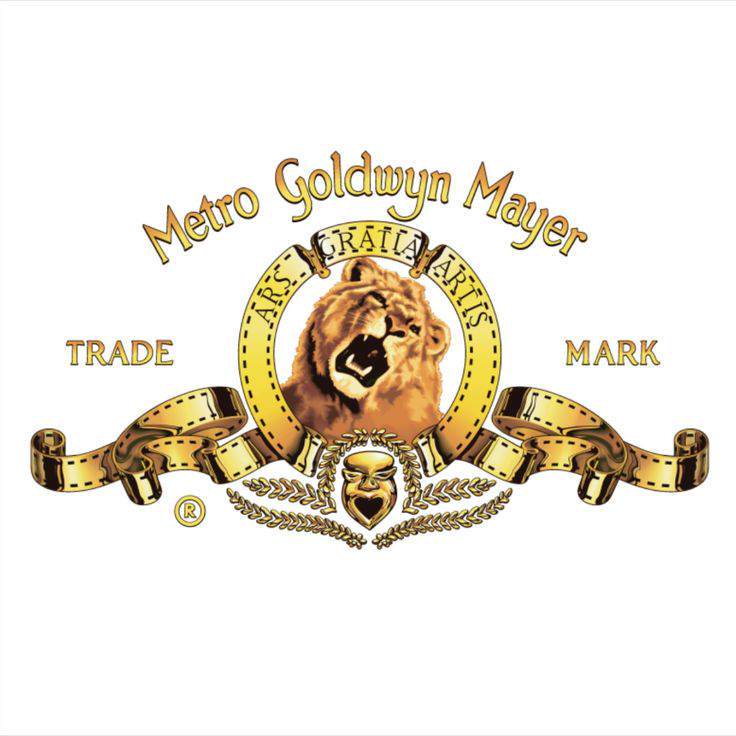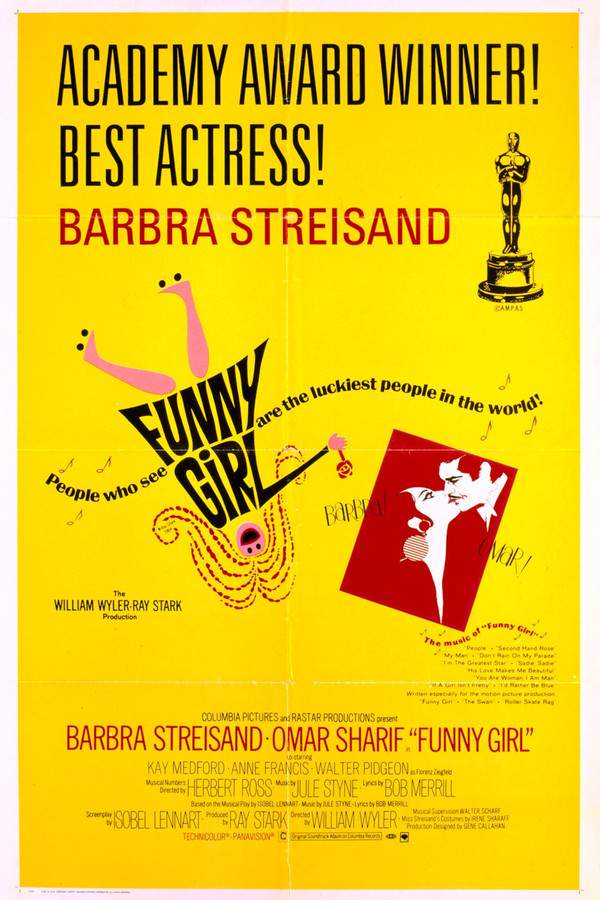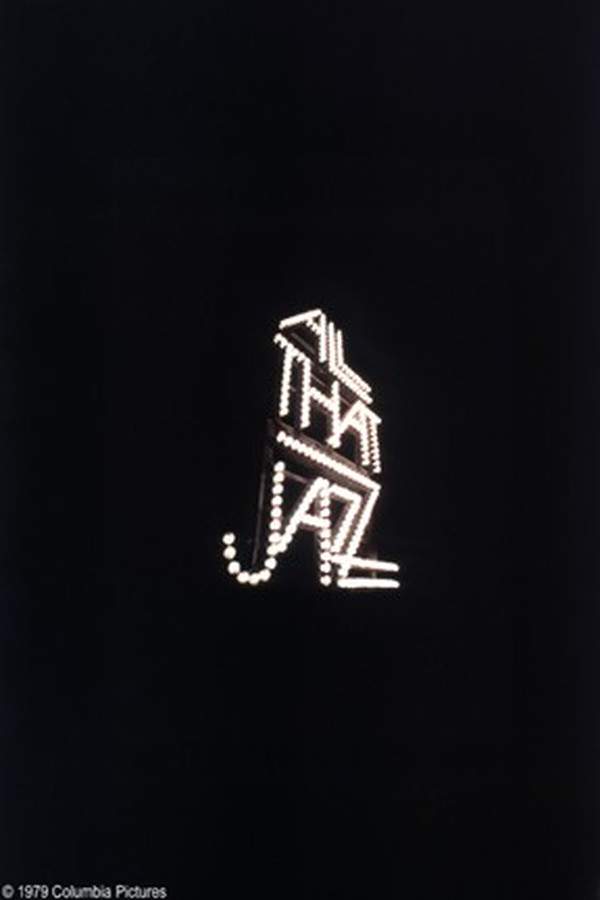
The Great Ziegfeld 1936
Directed by

Robert Z. Leonard
Made by

Metro-Goldwyn-Mayer (MGM)
Test your knowledge of The Great Ziegfeld with our quiz!
The Great Ziegfeld Plot Summary
Read the complete plot summary and ending explained for The Great Ziegfeld (1936). From turning points to emotional moments, uncover what really happened and why it matters.
Florenz Ziegfeld Jr. was born into an upper-middle-class family in the late 19th century, where he inherited a love for classical music from his father and an appreciation for fashion and refined manners from his mother. Dr. Ziegfeld envisioned his son taking over the family music business, but after the 1893 World Fair, Flo’s ambition to become a legendary showman was ignited.
Learning from his past experiences at the World Fair, he took the bold step of combining attraction with sex appeal, leading to a successful national tour with the strongman Sandow. Following their split, Flo ventured to Europe in search of fresh talent, where he fortuitously crossed paths with his best friend, Billings, who was also a rival producer. Suspecting Billings was on the verge of signing a new star, Flo cunningly discovered the identity of this mysterious talent and swiftly secured the brilliant French singer Anna Held for himself, even while nearly broke.
Living extravagantly while relying on borrowed funds, Flo established connections that allowed him to stage a spectacular show. Despite his efforts to promote Anna’s beauty, her singing initially went unnoticed, particularly among American women. A clever publicist, Flo arranged for 20 gallons of milk to be delivered to Anna, thereby concocting a publicity stunt when he intentionally defaulted on the bill. The creditor’s lawsuit turned into a media spectacle, declaring Anna’s milk baths as her secret to beauty, which transformed her into a household name. Consequently, Flo’s financial deficits began to vanish, and by 1907, his marriage to Anna had become quite monotonous.
With aspirations to showcase a plethora of talent, Flo envisioned a production filled with girls on an expansive stage where all could behold the show. He successfully pitched this concept to Billings, who then sold it to renowned producer Erlanger, thus commencing 24 years of the Ziegfeld Follies. However, Flo’s numerous affairs, particularly with Follies star Audrey Dane, ultimately cost him his marriage, leading to Anna’s divorce. He later wed stage actress Billie Burke, and they welcomed a daughter named Patricia.
As time went on, Flo’s lavish lifestyle and accruing debts began to weigh heavily on him. In a desperate bid, Billie sold her jewelry to support Flo’s latest endeavors. He staged a noteworthy comeback with four hit shows running at once on Broadway, yet this success was fleeting. The 1929 stock market crash devastated his finances, leaving him in ruins.
Ill and despondent, an aging Flo could only watch as Billie worked tirelessly to keep them afloat. Following a heartfelt visit from his old friend Billings, Florenz Ziegfeld Jr. passed away in his apartment—just across from the iconic Ziegfeld Theatre sign, leaving behind a legacy interwoven with brilliance and tragedy.
The Great Ziegfeld Timeline
Follow the complete movie timeline of The Great Ziegfeld (1936) with every major event in chronological order. Great for understanding complex plots and story progression.
Florenz Ziegfeld Jr's Early Life
Florenz Ziegfeld Jr. was born into an upper-middle-class family in the late 19th century. He inherited a love for classical music from his father, while his mother instilled in him an appreciation for fashion and refined manners.
Inspiration from the World Fair
In 1893, Flo's visit to the World Fair ignited his ambition to become a legendary showman. He was inspired to combine attraction with sex appeal, leading to his first bold steps into the entertainment industry.
Touring with Sandow
After learning from his experiences at the World Fair, Flo set off on a successful national tour with the strongman Sandow. This partnership allowed him to gain valuable experience and build a network in the entertainment world.
Venture to Europe
Following the split with Sandow, Flo traveled to Europe to scout fresh talent. Here, he fortuitously met his best friend and rival producer, Billings, which sparked his desire to outshine his competition.
Securing Anna Held
In a clever move, Flo discovered that Billings was about to sign a new star and swiftly secured the talented French singer Anna Held for himself. Despite being nearly broke, this acquisition marked a turning point in his career.
Publicity Stunt with Milk
To promote Anna's beauty and talent, Flo orchestrated a dramatic publicity stunt involving 20 gallons of milk. This stunt backfired, leading to a media spectacle that portrayed Anna's milk baths as her secret to beauty.
Rise to Fame
As a result of the milk publicity stunt, Anna became a household name, and Flo's financial troubles began to ease. This newfound fame allowed him to establish himself as a successful producer in New York City.
Birth of the Ziegfeld Follies
Flo pitched his ambitious vision for a grand production filled with beautiful girls on a vast stage, securing a deal for the Ziegfeld Follies. This production would last for 24 years, becoming a landmark in American entertainment.
Marital Struggles
Flo's numerous affairs, particularly with Follies star Audrey Dane, strained his marriage to Anna, ultimately leading to their divorce. This period marked the decline of his personal relationships amidst professional success.
Marriage to Billie Burke
After his divorce from Anna, Flo married stage actress Billie Burke, with whom he had a daughter named Patricia. This new family dynamic brought both joy and further financial strain to his life.
Financial Struggles
Despite initial success, Flo's extravagant lifestyle and mounting debts began to take their toll. Billie Burke's sacrifice of selling her jewelry illustrated the desperation to support Flo’s ambitions.
Broadway Comeback
Flo managed to stage a notable comeback with four hit shows running simultaneously on Broadway. Unfortunately, this success proved to be short-lived as his financial issues resurfaced.
The Stock Market Crash
The 1929 stock market crash devastated Flo's finances, leading to significant losses. This event marked a turning point in his career as he struggled to recover from the economic downturn.
Final Days
In his final days, an aging and ill Flo watched helplessly as Billie worked tirelessly to keep them afloat. His decline was not just personal but also financial as he faced the consequences of his earlier choices.
Legacy and Passing
Florenz Ziegfeld Jr. passed away in his apartment, just across from the iconic Ziegfeld Theatre sign. His legacy is interwoven with both brilliance in showmanship and personal tragedy, remembered fondly in American entertainment history.
The Great Ziegfeld Characters
Explore all characters from The Great Ziegfeld (1936). Get detailed profiles with their roles, arcs, and key relationships explained.
Florenz Ziegfeld Jr.
A visionary showman, Ziegfeld is relentless in his quest for success in the entertainment world. His charm and creativity enable him to turn innovative ideas into spectacular shows, though his ambition often leads to personal sacrifices. Despite his brilliance, his flaws contribute to the unraveling of his relationships and fortunes.
Anna Held
A talented French singer, Anna becomes the centerpiece of Ziegfeld's theatrical ambitions. Initially undervalued, her rise to fame is orchestrated by Ziegfeld's clever publicity stunts. Despite their marriage, her beauty and talent are overshadowed by Ziegfeld's relentless pursuit of success.
Billie Burke
Billie is Ziegfeld's second wife, embodying unwavering support for his endeavors. As his financial struggles escalate, she sacrifices her own belongings to aid him. She represents both the emotional ballast and the personal costs of Ziegfeld's extravagant lifestyle.
The Great Ziegfeld Settings
Learn where and when The Great Ziegfeld (1936) takes place. Explore the film’s settings, era, and how they shape the narrative.
Time period
Late 19th century to 1929
The film spans the late 19th century, capturing a transformative era in entertainment. The 1893 World Fair marked a significant cultural shift, inspiring many, including Ziegfeld, to innovate theatrical performances. The subsequent events, notably the 1929 stock market crash, reveal the volatility of success during this period.
Location
New York City, Europe
New York City serves as the vibrant hub of American entertainment, particularly during the early 20th century. Known for its theaters and cultural diversity, it became the perfect backdrop for Ziegfeld's grand productions. Europe is highlighted as a source of fresh talent and inspiration, integral to Ziegfeld's artistic journey.
The Great Ziegfeld Themes
Discover the main themes in The Great Ziegfeld (1936). Analyze the deeper meanings, emotional layers, and social commentary behind the film.
✨
Ambition
The theme of ambition runs deep in Ziegfeld's journey, showcasing his relentless pursuit of success in the entertainment industry. His innovative ideas, such as merging glamour with performance, highlight the lengths one will go to achieve dreams. However, this ambition also leads to personal turmoil and financial ruin.
💔
Love and Loss
Ziegfeld's relationships, particularly with Anna Held and Billie Burke, reflect the complexities of love intertwined with ambition. As his career flourished, personal sacrifices became evident, leading to heartache and divorce. The interplay between his love life and career choices ultimately showcases the high cost of success.
🎭
Theatricality
The essence of theatricality is crucial as Ziegfeld revolutionizes stage productions with grandiose spectacles. His flair for drama and publicity stunts captivates audiences, emphasizing how performance can manipulate public perception. This theme is central to the legacy left by Ziegfeld, pushing the boundaries of entertainment.

Coming soon on iOS and Android
The Plot Explained Mobile App
From blockbusters to hidden gems — dive into movie stories anytime, anywhere. Save your favorites, discover plots faster, and never miss a twist again.
Sign up to be the first to know when we launch. Your email stays private — always.
The Great Ziegfeld Spoiler-Free Summary
Discover the spoiler-free summary of The Great Ziegfeld (1936). Get a concise overview without any spoilers.
In the glittering aftermath of the turn‑of‑the‑century fair, the stage of New York City pulses with a restless energy, a place where spectacle and ambition collide in a riot of sequins, sets that soar, and crowds hungry for wonder. The world of Broadway is portrayed as a dazzling playground for dreamers, a realm where the line between imagination and reality blurs beneath the bright footlights.
At the heart of this glittering landscape is Florenz Ziegfeld, a charismatic visionary who feels the pull of destiny the moment he steps into a theater. Raised in a cultured household that prized music and refinement, he quickly discovers a hunger for something far more flamboyant—a desire to reshape entertainment itself. His instincts drive him to seek out fresh talent, daring concepts, and the courage to combine allure with artistry, promising audiences a level of opulence never before imagined.
Entwined with his professional ascent are two luminous figures: Anna Held, a striking chanteuse whose presence ignites both public fascination and personal devotion, and Billie Burke, an elegant actress whose wit and charm offer a different kind of companionship. Their intersecting paths create a subtle, ever‑shifting triangle, hinting at the personal stakes that rise as Ziegfeld’s productions grow ever larger. The relationships suggest a world where love, ambition, and the relentless pursuit of fame are inseparable, each influencing the other in delicate, unspoken ways.
The tone of the film is one of lavish optimism tinged with the inevitable tensions of ambition. Every scene feels awash in color and music, inviting the audience to share in the thrill of creation while sensing the undercurrents of desire and sacrifice that drive the characters forward. It is a portrait of an era and a man whose dreams reshaped the very fabric of American entertainment, leaving a legacy as bright and complex as the stage lights that first inspired him.
Can’t find your movie? Request a summary here.
Movies with Similar Twists and Themes
Uncover films that echo the narrative beats, emotional arcs, or dramatic twists of the one you're exploring. These recommendations are handpicked based on story depth, thematic resonance, and spoiler-worthy moments — perfect for fans who crave more of the same intrigue.
Featured on this page

What's After the Movie?
Not sure whether to stay after the credits? Find out!
Explore Our Movie Platform
New Movie Releases (2026)
Famous Movie Actors
Top Film Production Studios
Movie Plot Summaries & Endings
Major Movie Awards & Winners
Best Concert Films & Music Documentaries
Movie Collections and Curated Lists
© 2026 What's After the Movie. All rights reserved.








